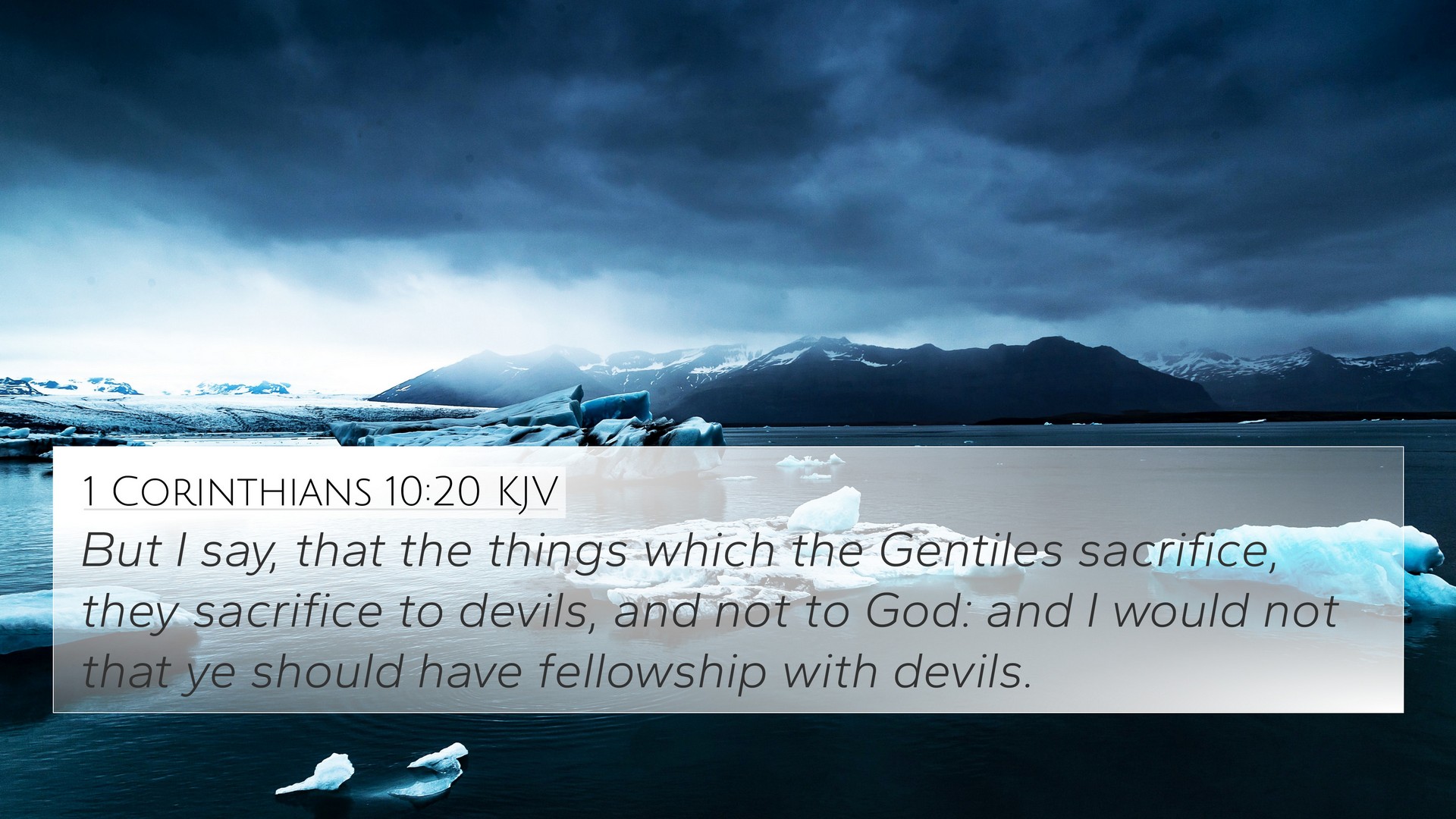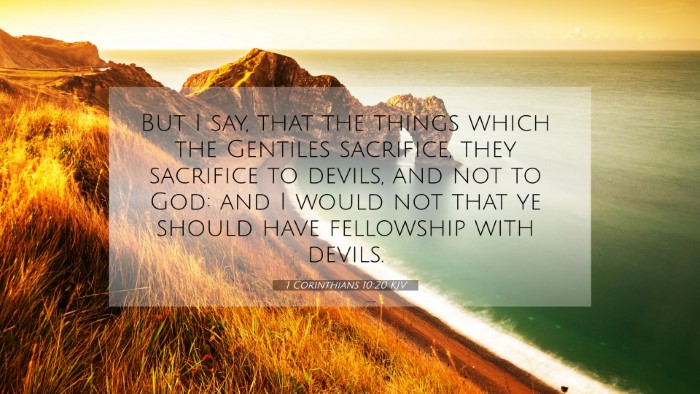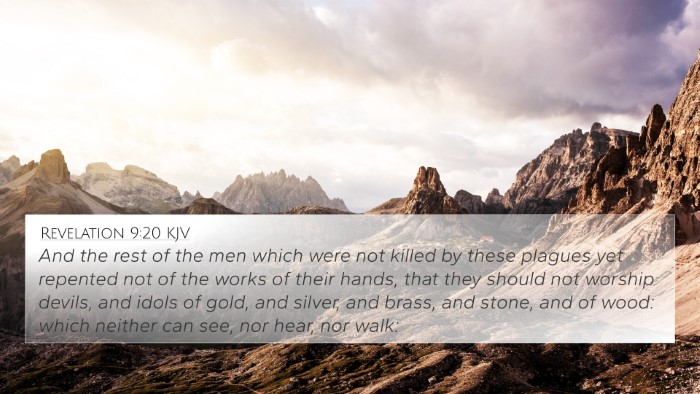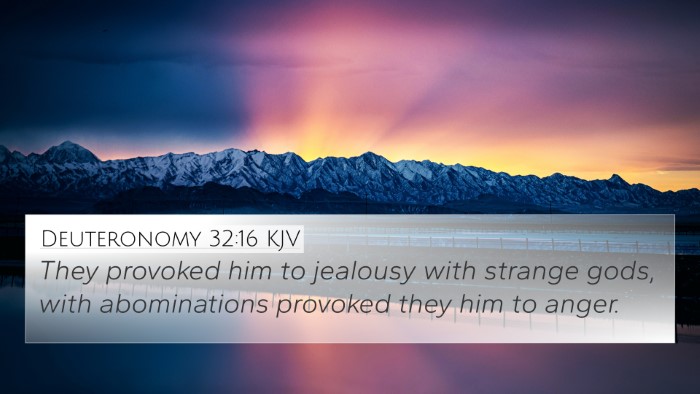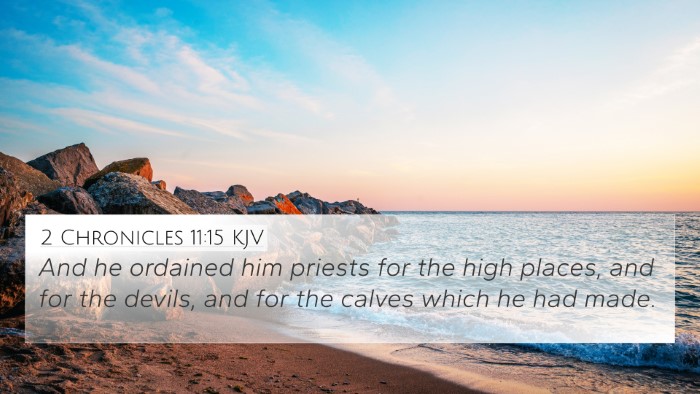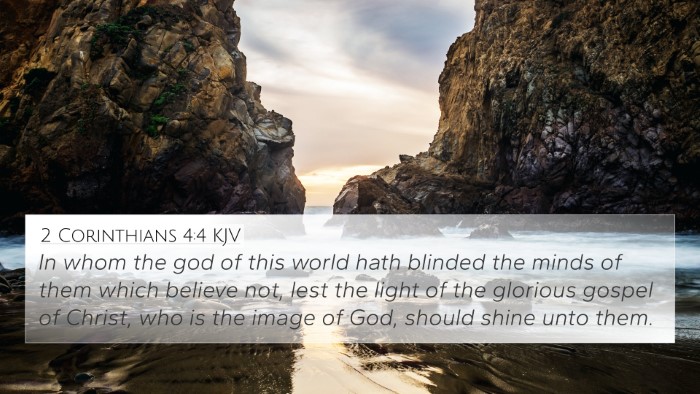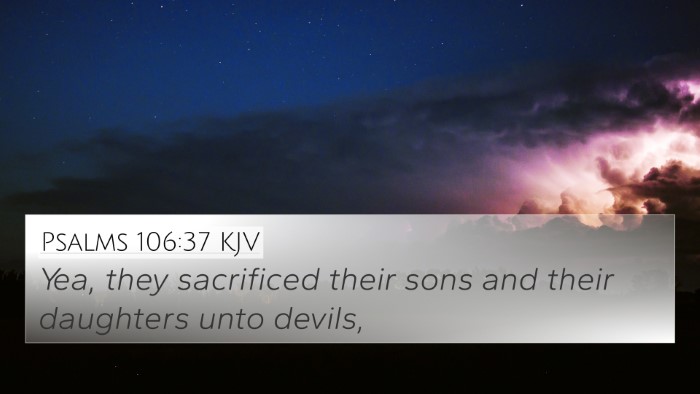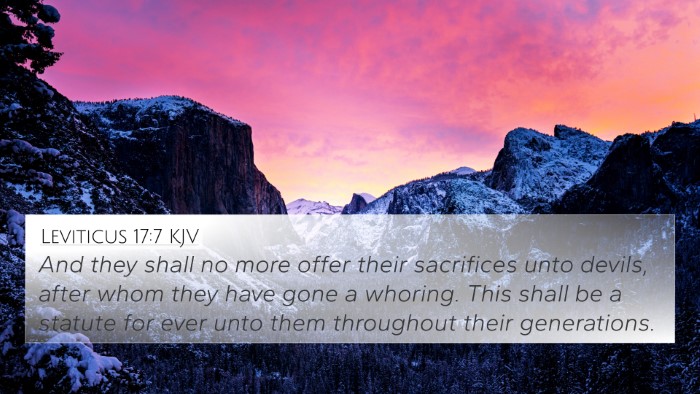Understanding 1 Corinthians 10:20
1 Corinthians 10:20 states: "But I say that the things which the Gentiles sacrifice, they sacrifice to devils, and not to God: and I would not that ye should have fellowship with devils." This verse presents a profound understanding of the nature of idols and the spiritual consequences attached to the worship of anything other than God.
Verse Contextual Analysis
This passage is situated in a larger discourse where the Apostle Paul addresses the issue of idolatry and its implications for the Christian faith. The early church was evolving in a context where Gentile believers often came from backgrounds steeped in pagan worship practices.
Key Themes in the Verse
- Rejection of Idolatry: Paul emphasizes the dangers of engaging in practices linked to idol worship.
- Spiritual Warfare: The mention of devils highlights the spiritual realities at play when one engages in such activities.
- Fellowship and Community: The verse cautions believers against forming spiritual connections that could compromise their relationship with God.
Commentary Insights
Matthew Henry's Commentary:
Henry notes that the sacrifices of the Gentiles, which appear to be made to gods, are effectively sacrificed to demons. He elaborates that these practices are not merely cultural rituals, but demonic influences that corrupt the purity of worship. This perspective serves as a warning to Christians about the deceptive nature of idolatry.
Albert Barnes' Commentary:
Barnes emphasizes the reality of spiritual powers behind idol worship. He asserts that when individuals engage in these practices, they unknowingly enter into fellowship with forces opposed to God. Paul's admonition is to steer clear of any association with such activities to maintain their holy calling.
Adam Clarke's Commentary:
Clarke elaborates on the concept of fellowship with devils. His exposition underscores the importance of a believer's identity being anchored solely in Christ, warning that any compromise can lead to spiritual harm. He posits that true fellowship with God requires a clean separation from false gods.
Bible Cross-References
- Deuteronomy 32:17: "They sacrificed unto devils, not to God; to gods whom they knew not."
- Psalms 106:37: "Yea, they sacrificed their sons and their daughters unto devils."
- Leviticus 17:7: "And they shall no more offer their sacrifices unto devils."
- Revelation 9:20: "And the rest of the men which were not killed by these plagues yet repented not of the works of their hands, that they should not worship devils."
- 1 John 5:21: "Little children, keep yourselves from idols."
- 2 Corinthians 6:14-16: "What fellowship hath righteousness with unrighteousness? and what communion hath light with darkness?"
- Acts 15:20: "But that we write unto them, that they abstain from pollutions of idols."
Thematic Connections
This verse can be linked to various Bible themes and topics:
- Idolatry and its Consequences: Examining how scripture consistently portrays the dangers of idolatry.
- Spiritual Authority: The acknowledgment that non-Christian practices invite demonic influence.
- Christian Separation: The call for Christians to remain distinct from worldly practices.
Tools for Cross-Referencing
For deeper scripture study, utilizing a Bible concordance or a cross-reference guide is invaluable. Consider exploring:
- Bible cross-reference system: Understand how various scriptures interact and support one another.
- Comprehensive Bible cross-reference materials: Seek resources that offer detailed insights into how verses relate.
- Cross-referencing Bible study methods: Employ systematic approaches for thematic analysis of scriptural texts.
Conclusion
1 Corinthians 10:20 serves as a critical reminder for Christians regarding the nature of worship and its potential spiritual ramifications. By drawing on the insights of historic commentaries and using effective cross-referencing techniques, believers can deepen their understanding and navigate their faith with greater wisdom.
Ultimately, the connections between Bible verses highlight the richness of scripture and underscore the importance of discernment in matters of worship and devotion.
